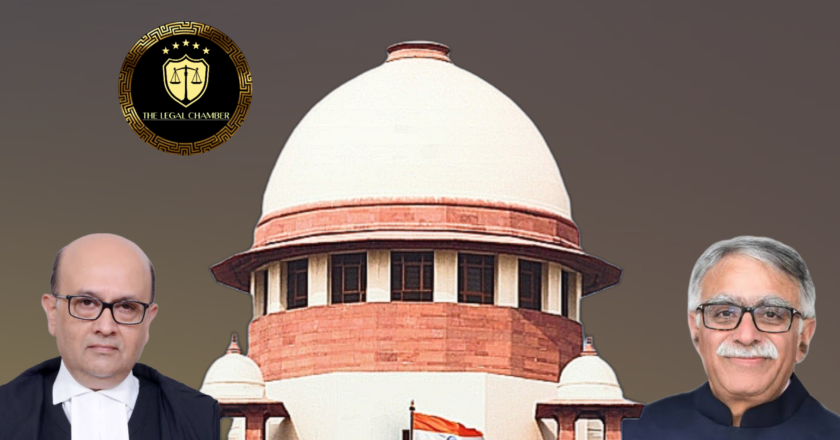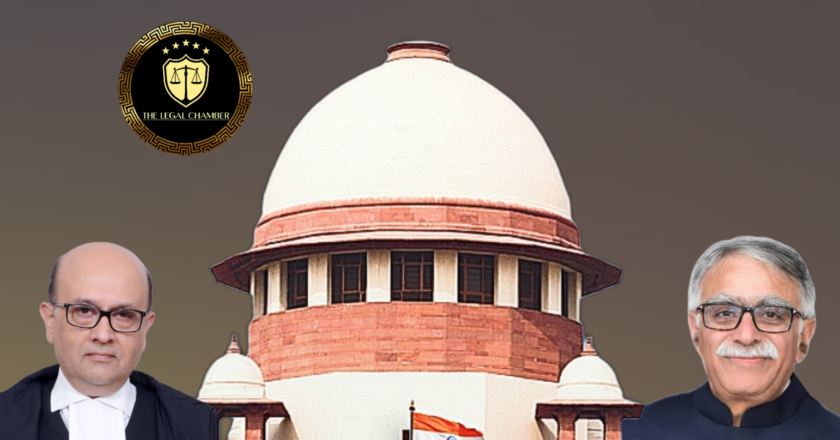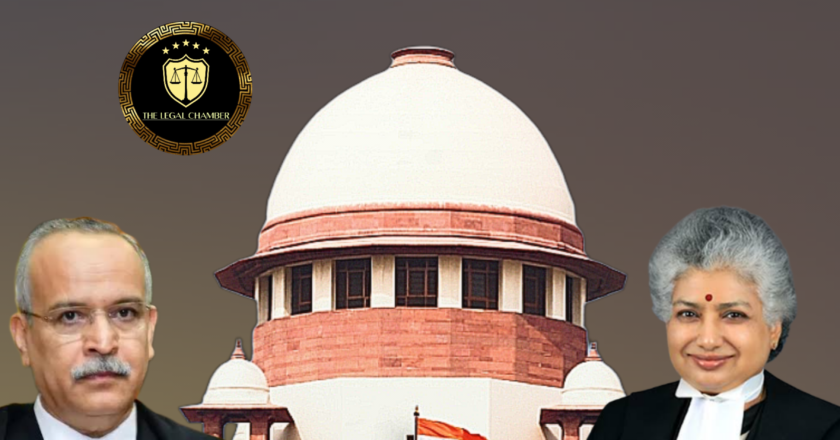Supreme Court Clarifies When Courts Can Summon New Accused During Trial Section 319 CrPC
The Supreme Court clarified the legal principles governing the exercise of power under Section 319 of the CrPC, emphasizing that it can be invoked based on evidence collected during trial, even if the person was not charge-sheeted. The Court held that the standard for summoning an additional accused is stricter than a prima facie case but does not require proof beyond reasonable doubt. The evidence must show strong complicity, and the power should be exercised sparingly to ensure fairness. The Court restored the Trial Court's summoning order, underscoring that the High Court erred in conducting a mini-trial at this stage. The judgment reaffirmed that the provision aims to prevent the guilty from escaping justice.
Facts Of The Case:
The case arose from an incident on 29th November 2017, w...




